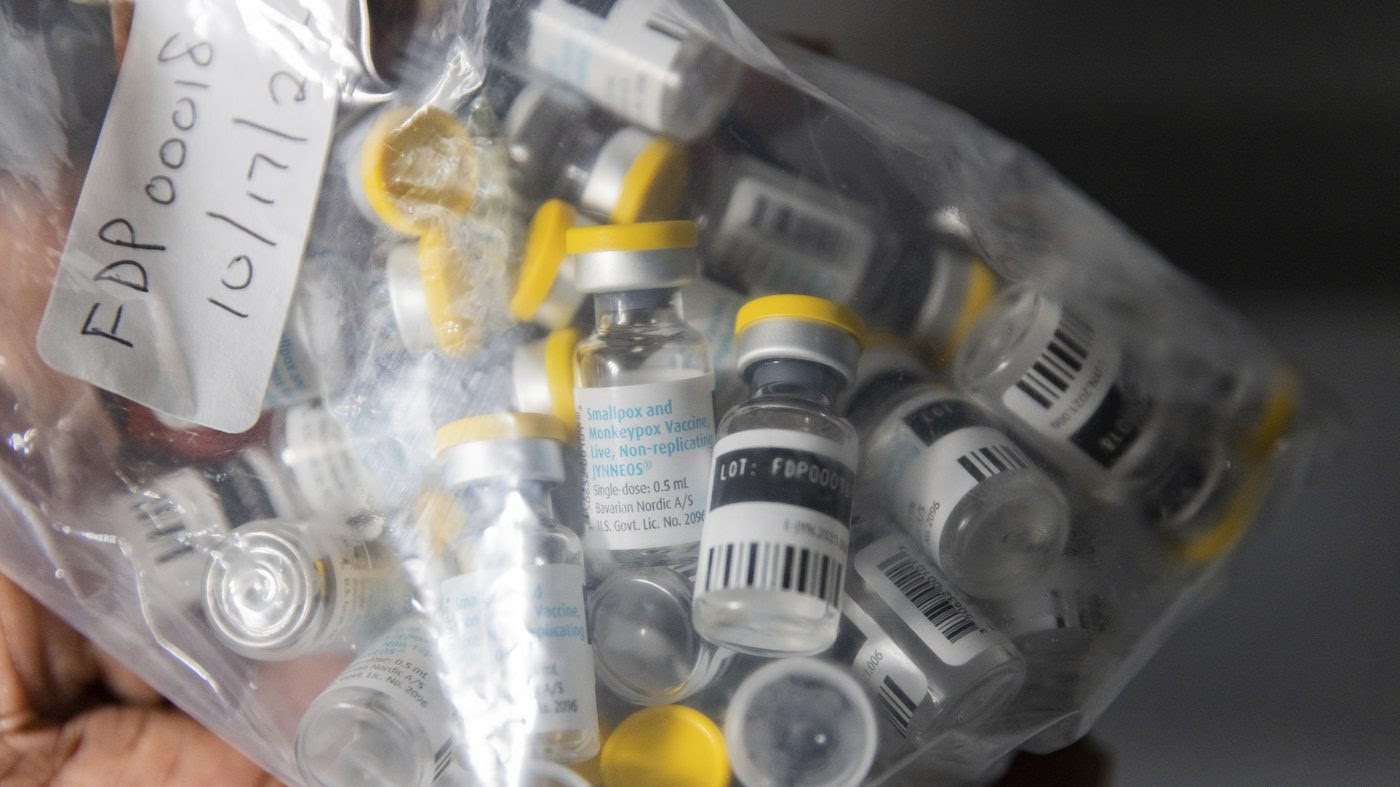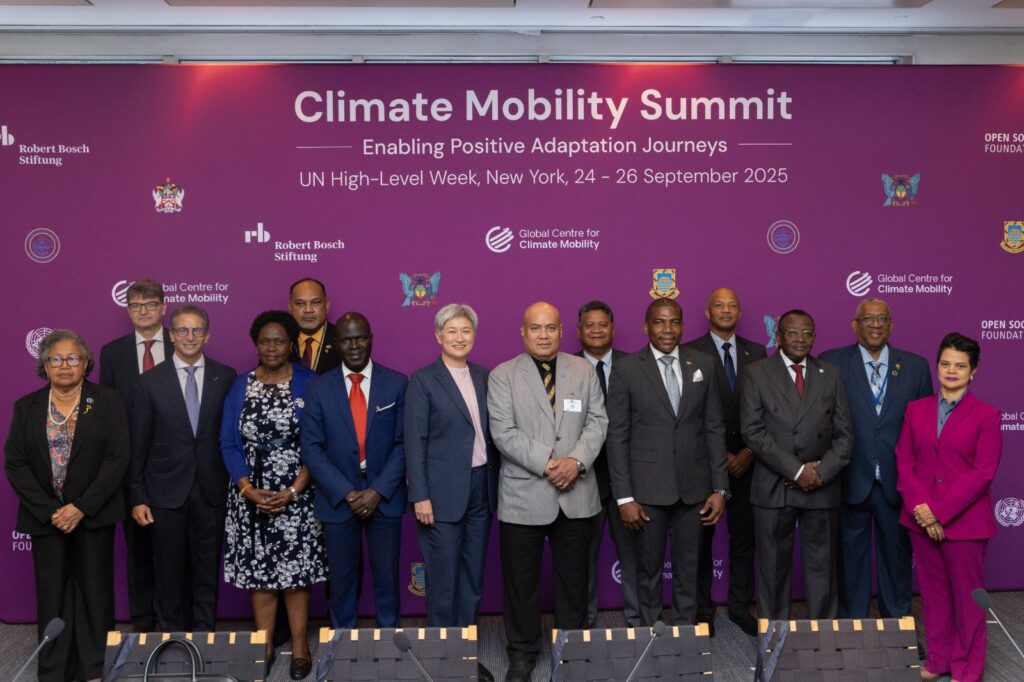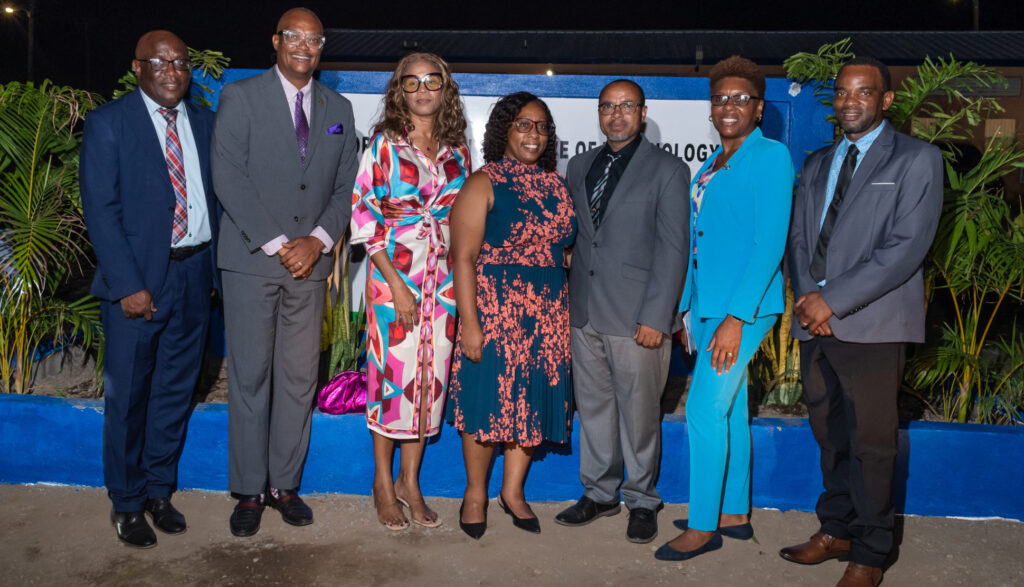CDC Issues Warning of Potential Mpox Resurgence This Summer
The Centers for Disease Control and Prevention (CDC) has expressed concern over the low vaccination rates among men who identify as gay, bisexual, transgender, and nonbinary (GBT) against mpox, formerly known as monkeypox. This concern comes in the wake of a new cluster of 21 cases detected in Chicago earlier this month, marking one of the first significant outbreaks since case numbers declined sharply last fall. This cluster, combined with the approaching spring and summer seasons, which typically involve increased social gatherings, festivals, and events with potential for skin-to-skin contact and heightened sexual activity, elevates the risk of further mpox outbreaks. The CDC emphasizes the importance of renewed prevention efforts, particularly vaccination, to mitigate the substantial risk of a resurgence.
A concerning aspect of the Chicago cluster is that many of the infected individuals had received either partial or full vaccination against mpox. This raises questions about the long-term effectiveness of the Jynneos vaccine, particularly whether its protective immunity wanes over time. While the vaccine’s ability to completely prevent infection in all cases has been brought into question, health officials maintain that even partial immunity conferred by the vaccine plays a crucial role in curbing the spread of the disease.
Demetre Daskalakis, deputy head of the White House mpox task force, emphasizes the significance of vaccination as a primary preventative measure against mpox outbreaks. He underscores that even if the vaccine doesn’t guarantee complete protection, it significantly reduces the risk of contracting and transmitting the virus. A higher vaccination rate within the population, even with imperfect immunity, contributes to overall protection by limiting the potential for the virus to spread widely. Daskalakis stresses the direct correlation: higher vaccination rates translate to a lower risk of outbreaks.
Although over 1.2 million people have received at least one dose of the Jynneos mpox vaccine, this represents less than a quarter of the estimated 1.7 million individuals considered to be at highest risk. The CDC underscores the urgent need to increase vaccination coverage within this high-risk population to effectively control the spread of the disease and prevent future outbreaks. The current vaccination rate falls significantly short of what is needed to achieve herd immunity and effectively suppress the virus’s transmission.
The primary mode of mpox transmission in these recent outbreaks continues to be sexual contact. This further highlights the importance of targeted vaccination efforts within the GBT community, where the risk of exposure is higher. Public health campaigns must focus on educating this community about the importance of vaccination, addressing any concerns or hesitancy, and ensuring equitable access to the vaccine. This targeted approach is crucial to effectively control the spread of mpox and protect vulnerable populations.
The recent cluster of cases in Chicago, coupled with the upcoming season of increased social interaction, serves as a stark reminder of the ongoing threat of mpox. The CDC’s emphasis on renewed prevention efforts, particularly vaccination, is a call to action. Increasing vaccination rates, particularly among those at highest risk, is critical to preventing a resurgence of the virus. Combined with public health campaigns that promote awareness, address hesitancy, and ensure equitable access to vaccines, these efforts are essential to protecting individuals and communities from the continued threat of mpox.
Share this content:












Post Comment